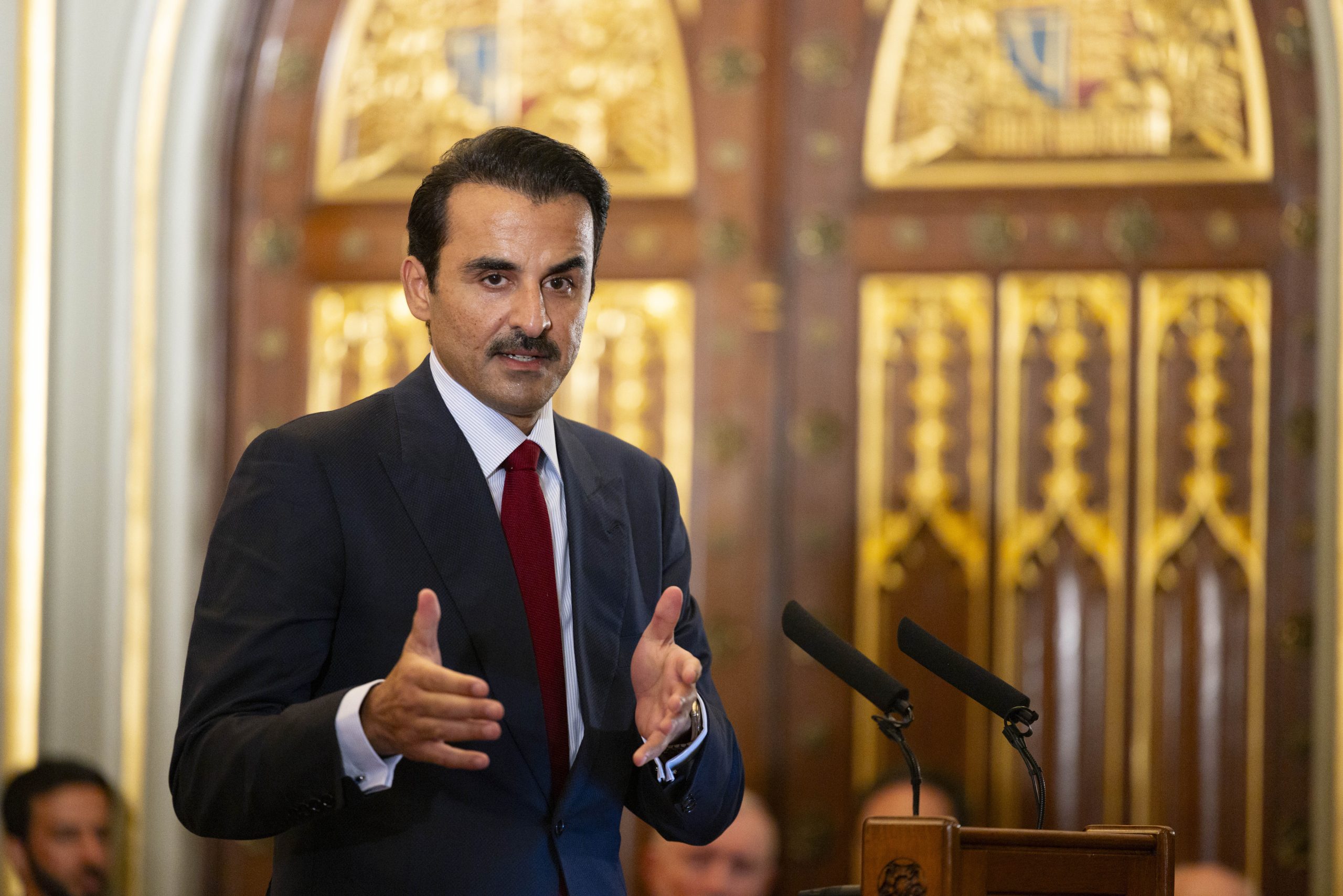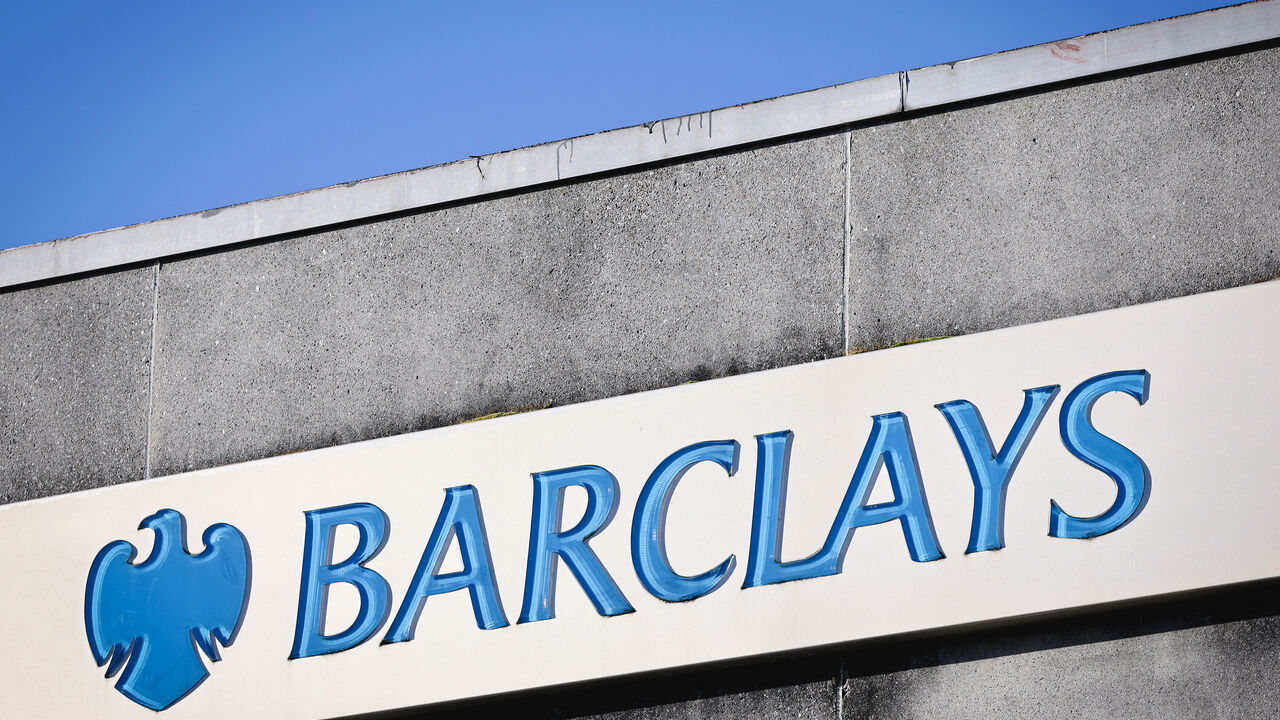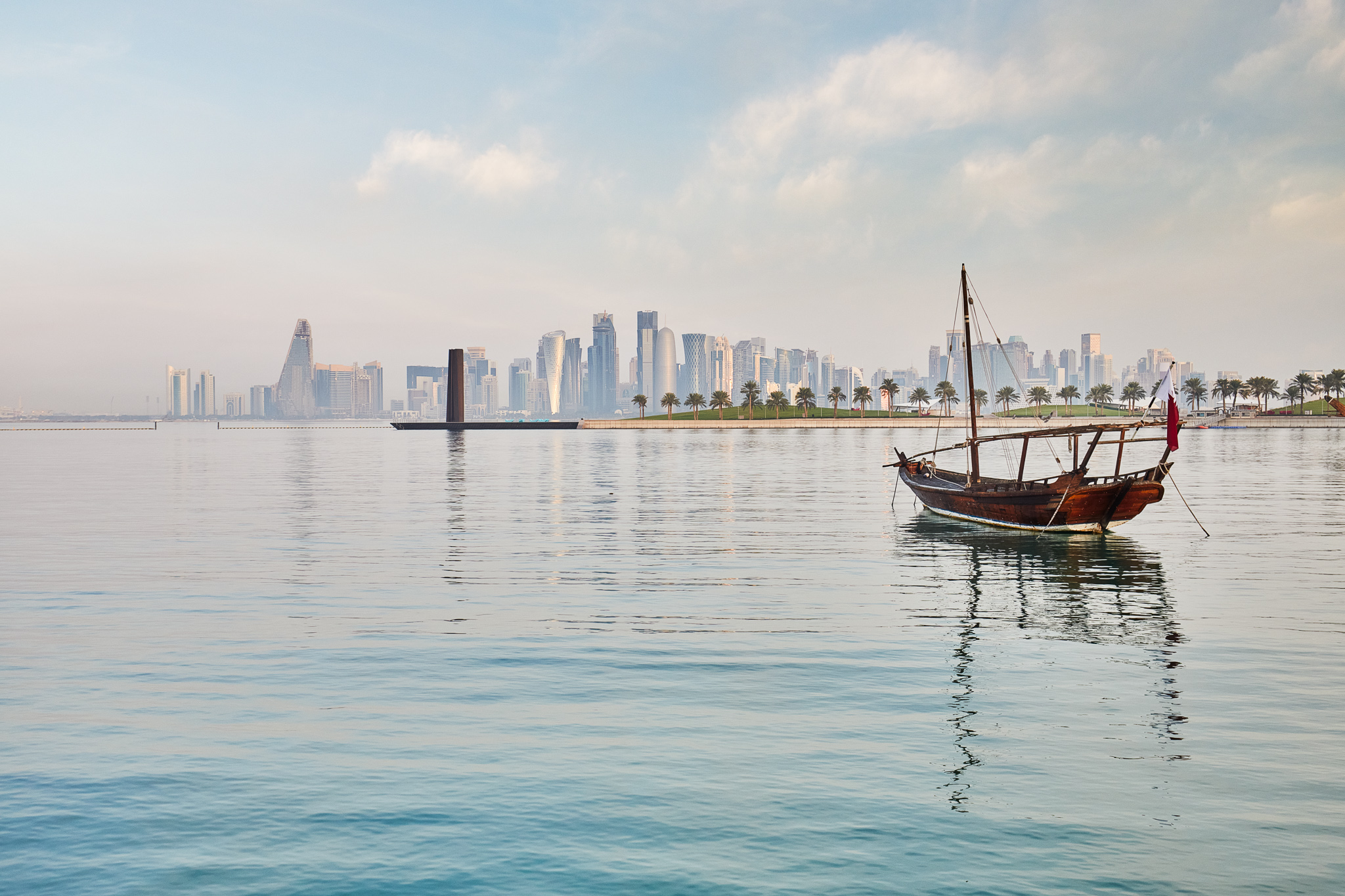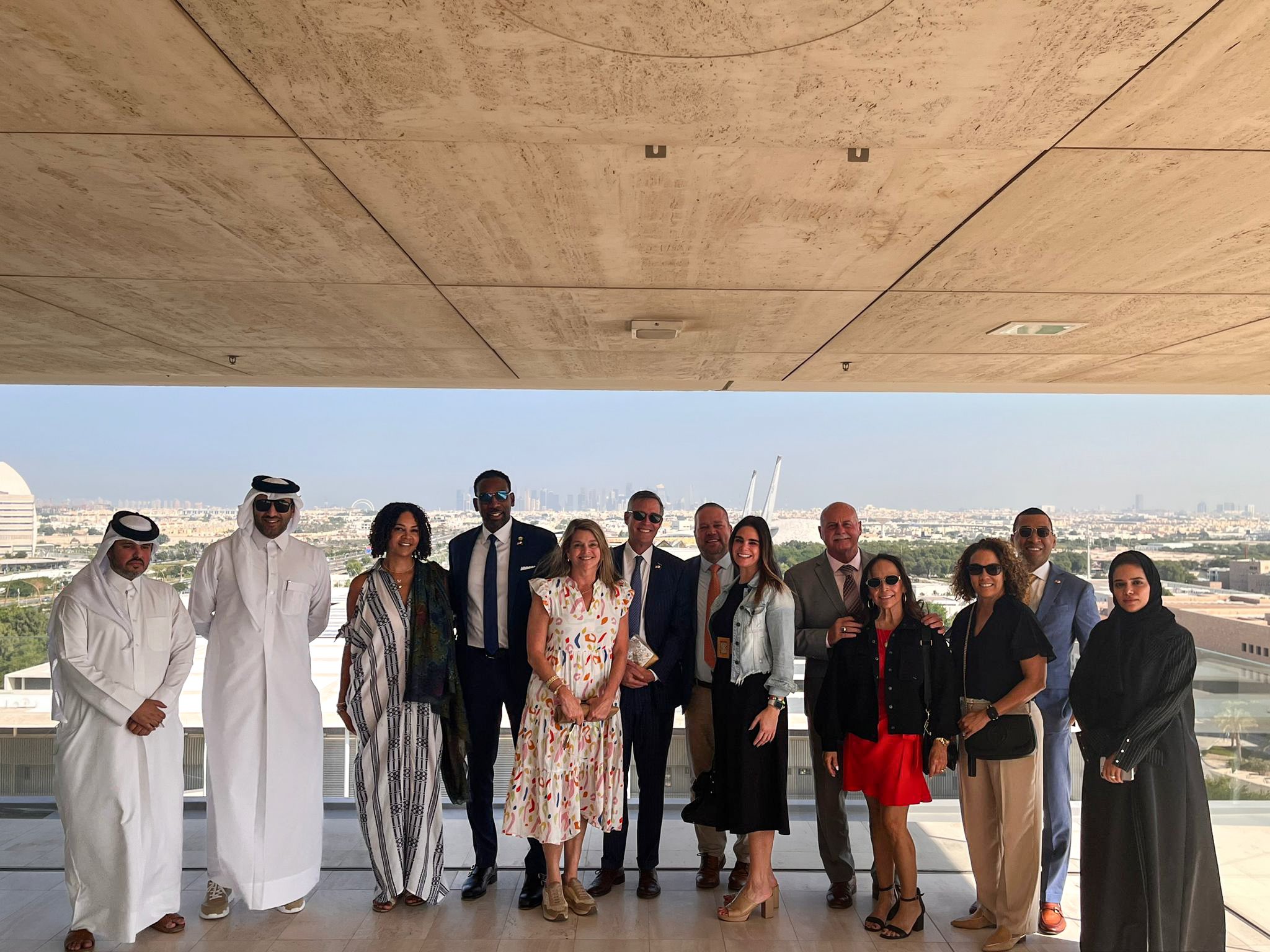
Author and journalist Andrew Hallam – AKA The Millionaire Teacher – believes that many expats lose money by investing with the wrong brokers. The expert, who will be visiting Qatar next month, explains below why this happens, and what you can do to protect yourself and your finances.
Most stock market investors have been celebrating lately. The past 20 years have been kind.
That might sound crazy if you live in Qatar. If you have bought investments sold by local expat brokers, you probably think I’m nuts.
That’s because Qatar – and the rest of the GCC – is filled with unscrupulous financial advisors.

Yes, they are refined. Yes, they seem kind. But they sell investment products that pay them huge commissions – at their investors’ expense.
How do you know if you have a bad investment product, sold by one of these advisors? There are two acid tests.
Bad investment products
Firstly: global markets have risen a lot over the past few years.
Stocks gained 6.47 percent in the past year, 39.7 percent over the past three years and 55 percent over the past five years.
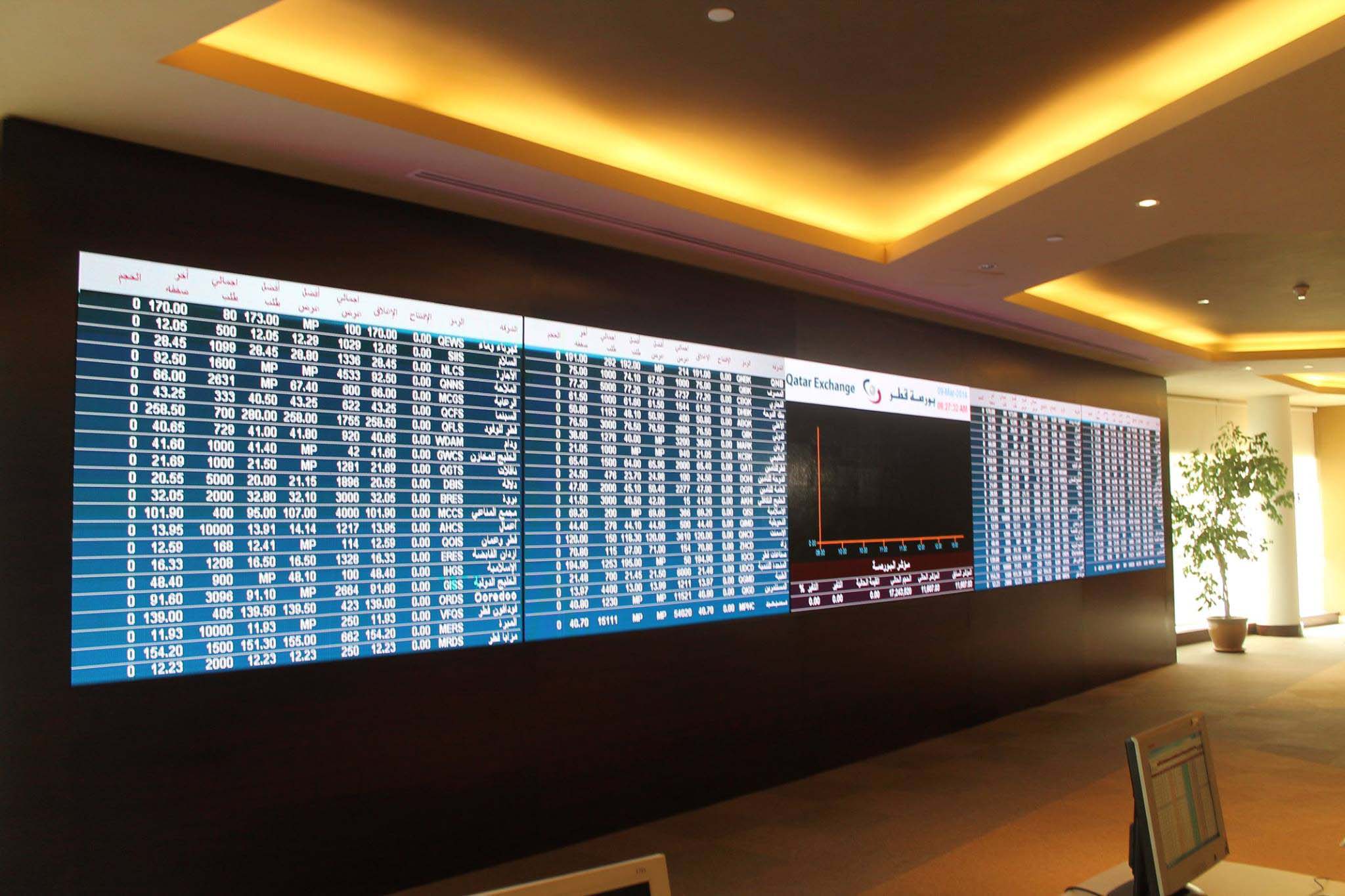
Longer-term, they gained 84 percent over the past 15 years and 243 percent over the past 20 years.
This represents the average return of all global stocks, not just a single hot, geographic sector.
So if your investment yield hasn’t gone up, that should set off some alarms.
Secondly: if you can’t pull your money out without paying a hefty fee, you’ve been dragged to the dragon’s lair.

I’ve written two books giving tips on how best to invest. In the first, I criticized high investment fees, but I was like a well-meaning guy complaining about non-lethal snakes.
I had no idea, at the time, what goes on the Middle East. That’s where King Cobras strike. In this region, expensive financial products get sold to almost everyone.
‘King Cobras’
So in a second book, I describe the sort of products that get sold in the Middle East. Often, investors pay more than 4 percent a year in fees.
Let’s put this in perspective: if global stocks earn 7 percent, investors paying 4 percent in fees are giving up 57 percent of their annual profits to these charges.
If global stocks only earn 4 percent, investors are giving up 100 percent of their profits to fees.

Furthermore, many of these long-term funds are sold with front-loaded charges.
This means commissions for the whole length of the contract – say, 25 years – are paid in the first two years of the product.
So if you decide you want pull your money out early, you can lose all of it.
Yesterday’s funds
Even if you plan to keep paying into an investment product for the long term, many advisors in this region aren’t schooled on diversification.
They often build portfolios that are stuffed with yesterday’s winning funds. But funds that do well during one time period often stink the next.
For example, if you started an offshore pension in 2007, it’s likely stuffed with emerging market funds, and little else. They were coming to the end of a really good run.
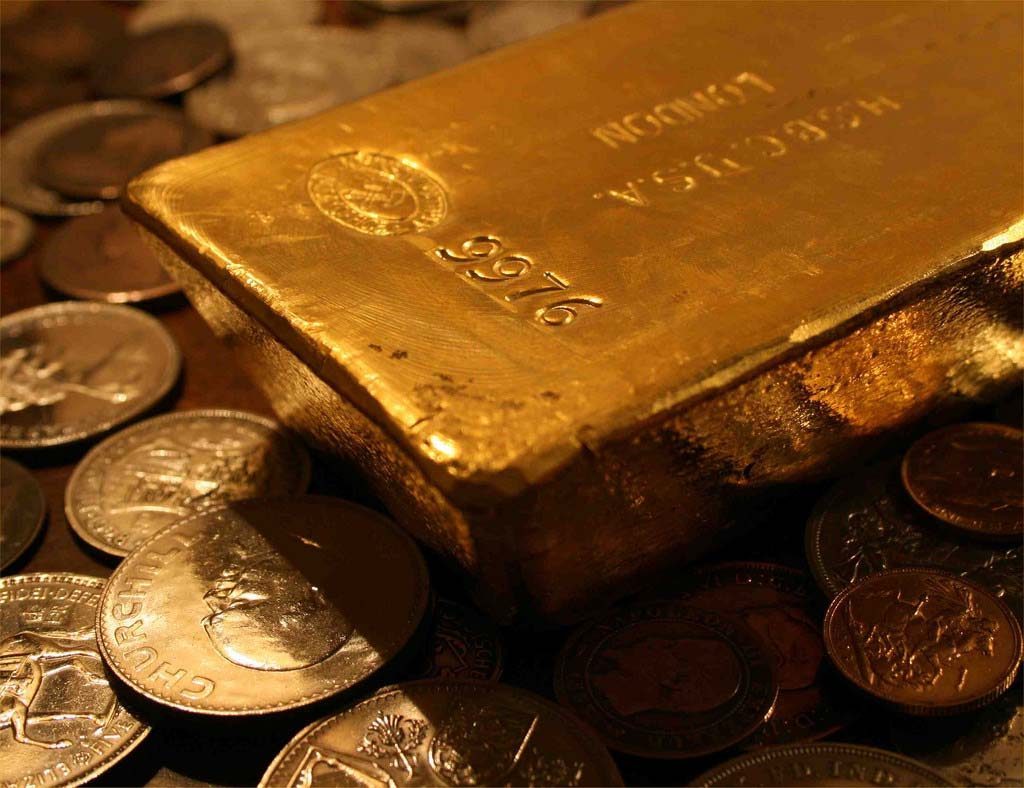
If you started your portfolio in 2011, it’s probably stuffed with gold or precious metal funds with, once again, little else.
In fact, if you invested with a typical advisor in Qatar, I probably know what funds you own if you tell me when you started.
Instead of being properly diversified, it will be stuffed with whatever asset class or geographic sector had recently done well – before you signed the contract.
But you wouldn’t drive a car by looking through the rear-view mirror. That’s a disaster waiting to happen. Nor should you invest that way.
Spread your bets
Investors in the Middle East need a fair shake. Their retirements depend on it.
That’s why it’s important to own a low-cost diversified portfolio that represents every geographic sector. What’s more, you can do this yourself, without the need for an advisor.
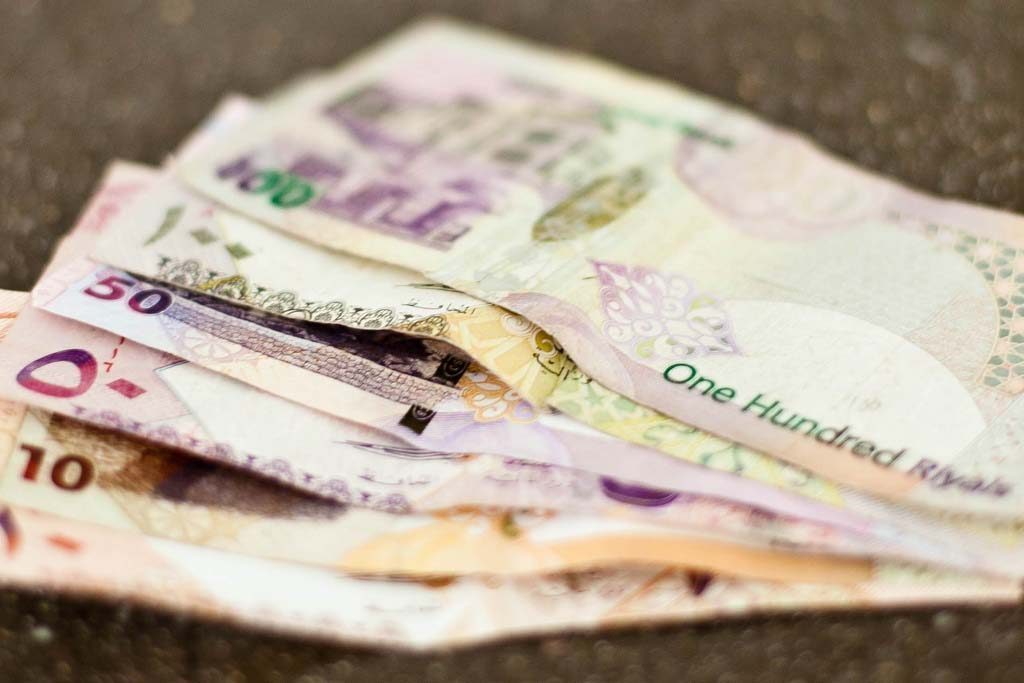
You could build a diversified portfolio with just three exchange-traded index funds (ETFs).
The first fund would represent your home country stock market index. The second would represent a global stock index. The third would include a bond market index.
You could build such a portfolio using a variety of low cost brokerages, such as Saxo Capital Markets or TD Direct International, based in Luxembourg.
Thoughts?
Andrew Hallam is the author of Millionaire Teacher: The Nine Rules of Wealth You Should Have Learned in School and The Global Expatriate’s Guide To Investing: From Millionaire Teacher to Millionaire Expat.
He will be speaking at six different venues in Qatar from Feb. 12-21. See here for his schedule. Many of the talks aren’t open to the public, but if you have a public venue to offer, he is willing to speak for free. He can be contacted at [email protected].



